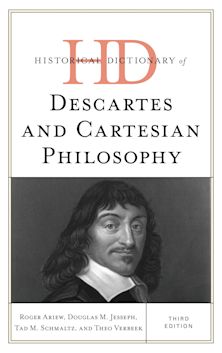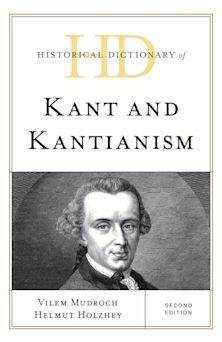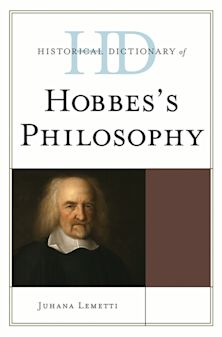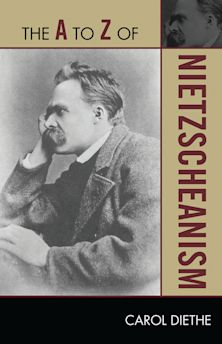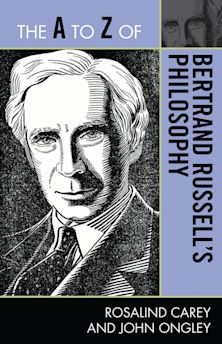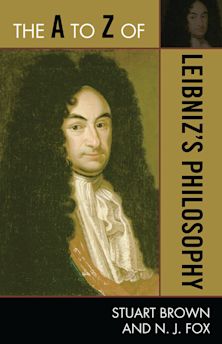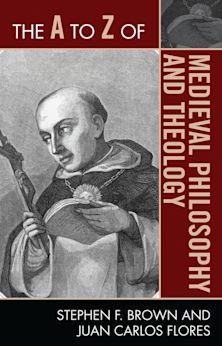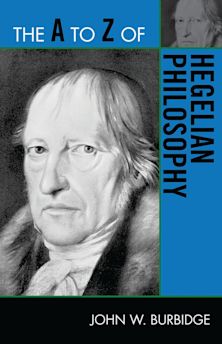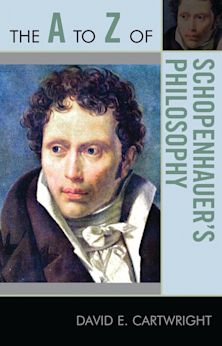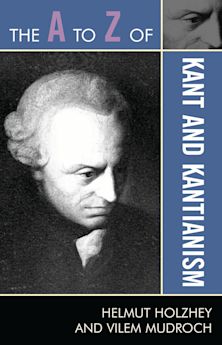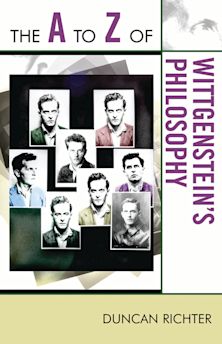- Home
- ACADEMIC
- Philosophy
- Reference
- Historical Dictionary of Hume's Philosophy
Historical Dictionary of Hume's Philosophy
Historical Dictionary of Hume's Philosophy
You must sign in to add this item to your wishlist. Please sign in or create an account
Description
The philosopher David Hume was born in Edinburgh, Scotland on April 26, 1711. Known for his re-thinking of causation, morality, and religion, Hume has left a lasting mark on history. James Madison, the "father" of the U.S. Constitution, drew heavily on Hume's writing, especially his "Idea of Perfect Commonwealth," which combated the belief at the time that a large country could not sustain a republican form of government. Hume's writing also influenced Adam Smith's Wealth of Nations and the philosophy of Immanuel Kant. This edition attempts a broader picture of Hume’s philosophy including more detail on the elements of his psychology, aesthetics, social and political philosophy as well as his legacy in contemporary topics of race, feminism, animal ethics, and environmental issues.
This second edition of Historical Dictionary of Hume's Philosophy contains a chronology, an introduction, and an extensive bibliography. The dictionary section has over 100 cross-referenced entries covering key terms, as well as brief discussions of Hume's major works and of some of his most important predecessors, contemporaries, and successors. This book is an excellent resource for students, researchers, and anyone wanting to know more about David Hume.
Product details
| Published | Dec 15 2018 |
|---|---|
| Format | Ebook (Epub & Mobi) |
| Edition | 2nd |
| Extent | 398 |
| ISBN | 9781538119167 |
| Imprint | Rowman & Littlefield Publishers |
| Series | Historical Dictionaries of Religions, Philosophies, and Movements Series |
| Publisher | Bloomsbury Publishing |
About the contributors
Reviews
-
This second edition is not a complete revamping of the first (CH, Mar'09, 46-3594), but it is enough of an updating and expansion to warrant purchase by those who own the earlier edition. Merrill (Univ. of Oklahoma) was the sole author of the first edition, and here he is joined by Coventry (Portland State Univ.), who has put her stamp on the work by increasing the number of entries from 112 to 148; the page count from 350 to 373; and the pages in the bibliography from 71 to 99. New entries include important and relevant topics missing from the first edition—for example, aesthetics, beauty, convention (central to Hume’s philosophy), race, and sexual passion. The entry on women from the first edition is now split into two entries, one on feminism and one on women. . . The second edition is a few centimeters larger in size and is printed on more attractive, cream-colored paper, which makes it easier to hold and more pleasant to read. This will be a helpful and welcome study aid for anyone seeking to learn and understand the thought and life of one of the most significant modern philosophers in the Western tradition.
Summing Up: Recommended. Lower-division undergraduates through faculty.Choice Reviews
-
This latest volume in the series of historical dictionaries that dates back to 1996 presents the life and work of David Hume (1711-1776), a key philosopher of the 18th-century Scottish Enlightenment, as well as a historian and economist. It is a revision and update of the first edition, edited by the late Kenneth Merrill and published in 2008. Opening with a chronology and a substantial, 39-page introduction, it then offers entries explaining the empiricist Hume’s thoughts on many concepts presented in his writings such as experience, causation, skepticism, habit, and common sense, as well as numerous biographies of friends of Hume and other philosophers, such as John Locke, René Descartes, and Immanuel Kant. The relations among these various thinkers and others make up an interesting portion of the book. As the introduction points out, Hume’s overall focus is to understand the “science of man,” or human nature. He thus explores and writes about “logic, . . .morals, criticism, and politics.” (p. 21) The volume concludes with a 100-page bibliography, listing both Hume’s publications and hundreds of books and articles about his life and philosophy. Dozens of new items published since the first edition came out are included. Libraries serving academic programs in philosophy or with patrons interested in the leading figures in Western philosophy should consider adding this volume.—Mark Schumacher
American Reference Books Annual

ONLINE RESOURCES
Bloomsbury Collections
This book is available on Bloomsbury Collections where your library has access.












